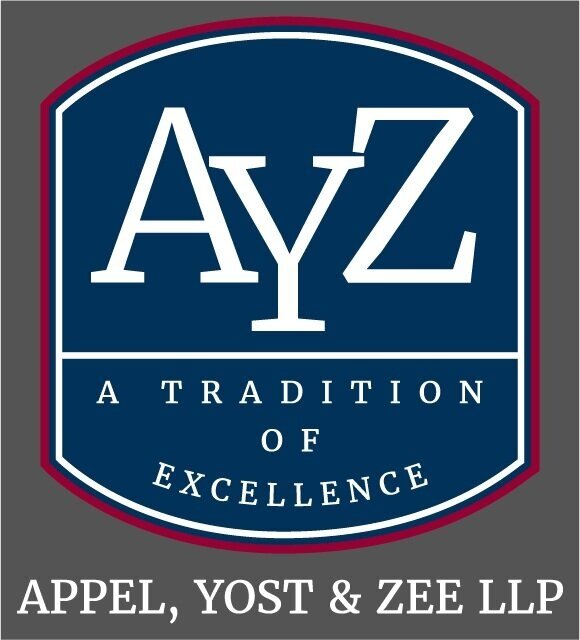Salary Schedule Placement Questioned in Gender Pay Equity Suit
By AYZ Education Law Group
July 1, 2021
A Pennsylvania school district is facing a proposed class action lawsuit arising from allegations that it knowingly and willfully compensated male teachers more favorably than female teachers when initially placing them on the salary schedule. In Marinello v. Central Bucks School District, filed in the U.S. District Court for the Eastern District of Pennsylvania earlier this month, the plaintiff alleges she was placed on salary schedule as though she was a first-year teacher despite having 14 years of experience and a master’s degree. The suit details at least one other female employee similarly situated. In comparison, the complaint describes a male employee that was given credit at the time of his hire for his prior 14 years of experience, and who was placed on the salary schedule consistent with his master’s degree plus 30 additional credits.
The suit alleges the District violated the federal Equal Pay Act. That law prohibits discrimination between employees on the basis of sex by paying less wages to an employee than what is paid to an employee of the opposite sex for equal work that requires equal skill, effort, and responsibility.
Public school employers understand that the law prohibits paying employees of different sexes at different rates for the same job. From a liability standpoint, however, it is important to understand that willful misconduct is not necessary for an employee to assert an equal pay violation. Instead, employees only need to show that they were paid less for doing the same work as a comparator of the opposite sex.
Violations of the equal pay law can expose schools to monetary damages equal to the pay differential (i.e., to make the employee whole), liquidated damages, attorneys fees, costs and interest. Evidence of intentional and willful violations can expose employers to additional damages, including possible punitive damages.
Placement of new hires on the salary schedule is often a complicated process for public schools. Regardless of the process used, schools must remain mindful of their equal pay obligations.
Should you have any questions about this topic, or any other issue impacting schools, please do not hesitate to contact William J. Zee, or any of the attorneys in the Appel, Yost & Zee Education group.
